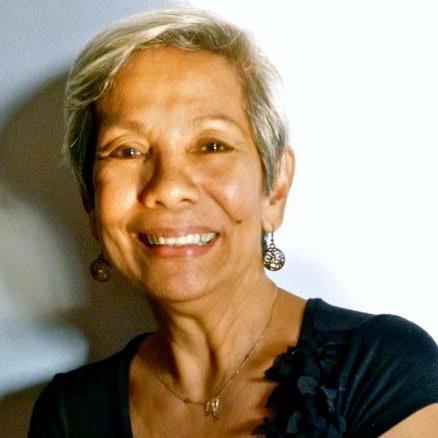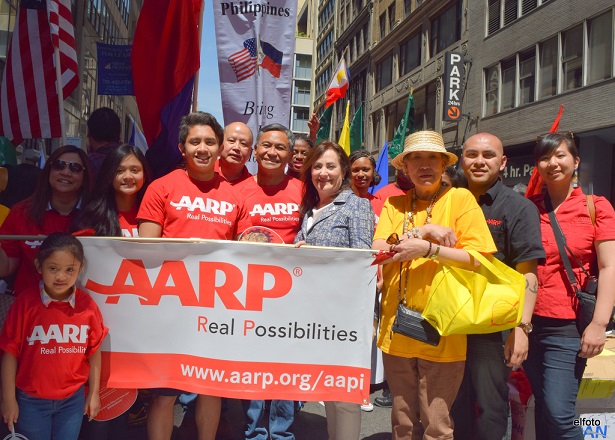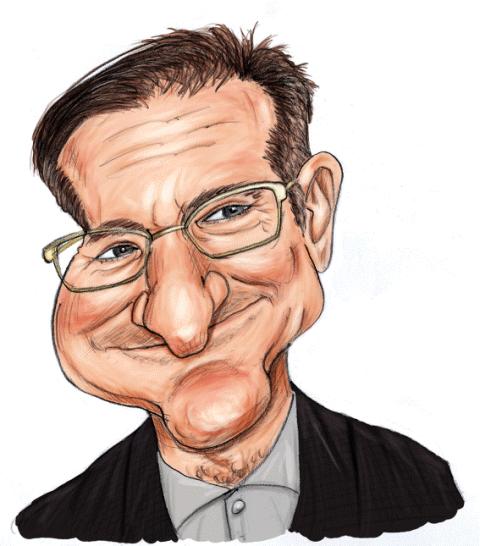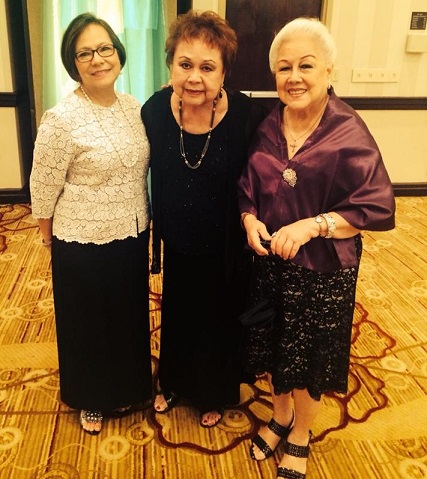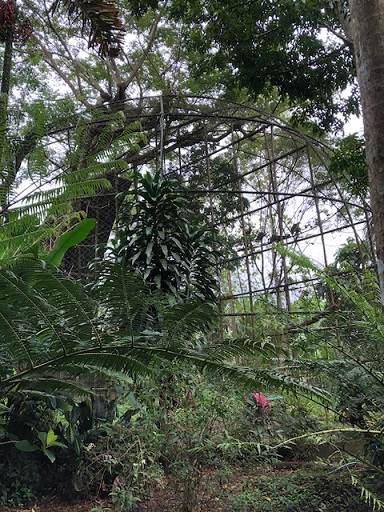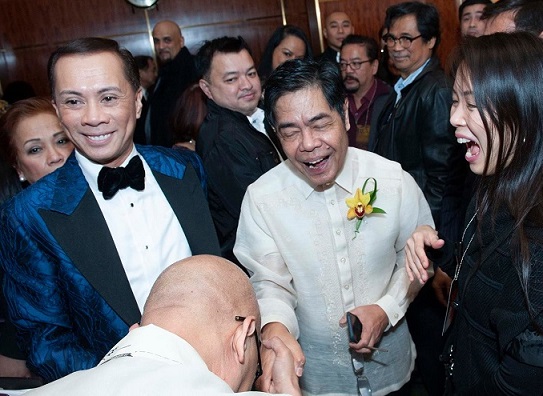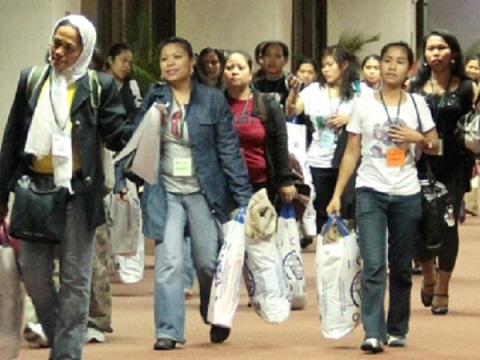How an authoritarian Duterte will likely succeed where Marcos did not
By Rene Pastor
A lot of people compare Rodrigo Duterte to Ferdinand Marcos. That may be a bit off because Duterte could well succeed where Marcos failed so spectacularly.
The authoritarian idea or thesis is popular in Southeast Asia. If you have a government that runs roughshod over human rights and civil society, but delivers on the economy, people will ignore the killings and give you almost overwhelming support.
That is what appears to be happening in the Philippines.
The Philippine economy has been propped up by two pillars which have created an expanding middle class. The first would be the nearly $30 billion (1.5 trillion pesos) remitted by overseas Filipino to their families back home in 2016, according to rough estimates by the World Bank and other institutions.
That alone created consumers from one end of the country to the other of condos, property and other products, not to mention the small businesses that have mushroomed in their wake. For many Filipinos, the social cost of mothers raising their children by remote control is a practice they can live with.
The other pillar is the BPO or business processing industry.
The Philippines’ BPO industry generated around $25 billion in 2016. Others estimate it is closer to $30 billion, matching the amount brought in by remittances. That is another 1.5 trillion pesos going into the economy. Industry estimates peg the number employed by BPO centers in the country by 1 million or more. Simple multipliers on those being supported by the industry would increase the number to 5 million directly. The indirect number is much larger. It has also created a culture of people who work in the middle of the night, and restaurants and shops that cater to them.
Another factor one should look at is the entry of investors building casinos in the country. The billions of investments from this stream comes from a corruption crackdown in China which has forced high rollers to look for a place where they can gamble without being charged for corruption. The Entertainment City gaming complex along Roxas Boulevard is rising for this purpose.
After all that, you throw this factor into the mix. For 2018, the Duterte government has announced it is planning to splurge on infrastructure by spending up to 7 percent of GDP on roads, airports, bridges and ports among other things.
That kind of fiscal stimulus will create tens of thousands of jobs all over the country. You add in the fact that the Philippine economy has been growing at a rate of over 6 percent the past few years, and looks like it will grow by the same rate the next five years.
The result would be an economy that would hit middle income status in that time, something we never thought would happen at all.
There is another advantage the Philippines enjoys over almost every other country in Southeast Asia except Indonesia. With a population of 105 million, a large portion of which is under 40, the Philippines has the second biggest market in the region. The Philippines is already the 9th or 10th biggest market for U.S. food and beverage exports in the world.
The economy under Marcos did not enjoy any of these advantages. There was no BPO industry, and remittances were much smaller.
The simple point is this: Filipinos will ignore Duterte’s foul mouth and human rights depredations so long as the economy keeps humming along. By the same token, so would the foreign businessmen and investors. If there is a market closing in on 110 million Filipinos who are increasingly becoming affluent, why should they care about the way the local government conducts police operations?
You could see this kind of thinking when ratings agency Fitch recently upgraded the Philippines’ rating to ‘BBB,’ meaning the country is an investment grade destination.
“There is no evidence so far that incidents of violence associated the administration’s campaign against the illegal drug trade have undermined investor confidence,” Fitch said.
For 2018 and 2019, Fitch forecast real GDP growth of 6.8 percent for the Philippines and said the country would be among the fastest growing economies in the Asia-Pacific region.
There are those who say Filipinos would care about the values that goes into the development of the country. President Duterte is plainly betting that most Filipinos will not care as long as they get more comfortable in life.
© The FilAm 2017


